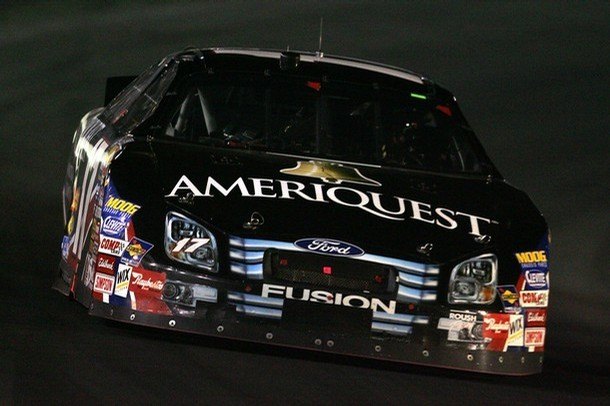State, Federal Authorities Target Subprime Liar Auto Loans
The same subprime lending practices in the mortgage industry that fueled the run-up toward the Great Recession have found a new market to infect: used-car auto lending.
According to The New York Times, state and federal authorities are investigating used-car dealerships who finance subprime consumers by creating liar loans, loans where an applicant’s information is misrepresented, such as inflating one’s income or falsifying their employment information.
Thus far, the investigations have found hundreds of such loans, including a case in Odessa, Texas where two employees at a dealership created over 300 liar loans; the employees are now serving time in federal prison. Meanwhile, 15 states — including Florida, New York, Alabama, Ohio, Texas and Tennessee — have lawsuits pending against dealerships whose subprime lending tactics have financially damaged borrowers who would have otherwise been passed over.
Liar lending also damages lenders and investors — the latter including public pension funds and insurance companies — who buy the loans from the dealerships who commit to such tactics, eroding confidence in the securities generated by the loans. That said, more lenders are falling head over heels to have more loans in their portfolio — sometimes paying dealers in full immediately for them — fostering the sin that led some mortgage companies to the guillotine years ago.
Seattle-based writer, blogger, and photographer for many a publication. Born in Louisville. Raised in Kansas. Where I lay my head is home.
More by Cameron Aubernon































Comments
Join the conversation
Is the problem here loan PROGRAMS that allow "no income verification" loans for people with bad credit, or that borrowers and loan officers are doing the old cut-and-paste or Photoshop job on their paystubs and W2s? In that case, these aren't really "liar loans" - they're outright fraudulent loan submissions. That happened with pretty alarming frequency during the mortgage crisis, but the REAL "liar loans" involved loan PROGRAMS where the borrower didn't have to send in ANY income documents at all, and thus could inflate his income. There is a misconception that this was done on a widespread basis with people with bad credit, but by and large, these programs required a 720 score. No-income-doc loans are now illegal in the mortgage business. I don't know if they are in the car loan biz. But if this is the kind of nonsense the auto loan industry is allowing with its riskiest borrowers, then it is indeed a huge issue. I have a feeling, though, that the real problem is borrowers who are turning in doctored-up paystubs, or loan officers who are doctoring them up on the buyers' behalf.
Sorry but pension funds and insurance companies do not buy loans from dealers. Dealers make loans on behalf of the lenders who then resell them as portfolios to such investors to replenish their cash so they can make the next loan. It is normal for the lender to pay the dealer immediately when they make the loan. It seems like the author has confused sub-prime auto finance with the BHPH business model. In the BHPH business model the dealer carries the note and then sometimes they will sell it. Depending on the buyer they may want a "seasoned" loan where the debtor has made their payments on time for a minimum period.
The finance guys have turned creatively presenting loan applicants to banks into an art form. Different banks have different loan criteria, and it takes a skilled finance guy to know how to work the system. Of course, working the system sometimes means fudging on the application on behalf of a customer. Remember, potential auto buyers are showing up at the dealers. Shady lying car salesmen are not knocking on doors looking for customers to screw. Everyone at the dealer is part of the process because everyone wants the car to be sold - the customer, the salesman, the manager and the finance guy. There were plenty of times in my car selling days where the finance guy had me make sure the customer left the income box blank on the credit app, and even some times when we had "art projects" to complete to get loans approved. If we didn't do it, some other dealer would.
Oh Lord, I do wish the fine editorial would get it through their collective skulls that it is much, much easier to repo a car than a house. Also, someone in a desperate situation will keep their ride 1st and foremost. A house with a mortgage that seems to go on past the buyers lifetime? They'll let it go. Different levels of money in play also. Finally a lender can't (for many reasons) send someone out to a repoed house and have someone start throwing the debtors stuff out into the yard. The lender will gladly pay a tow-truck to repo someone's ride. Y'all should buy some nice loan office dinner and ask some questions.